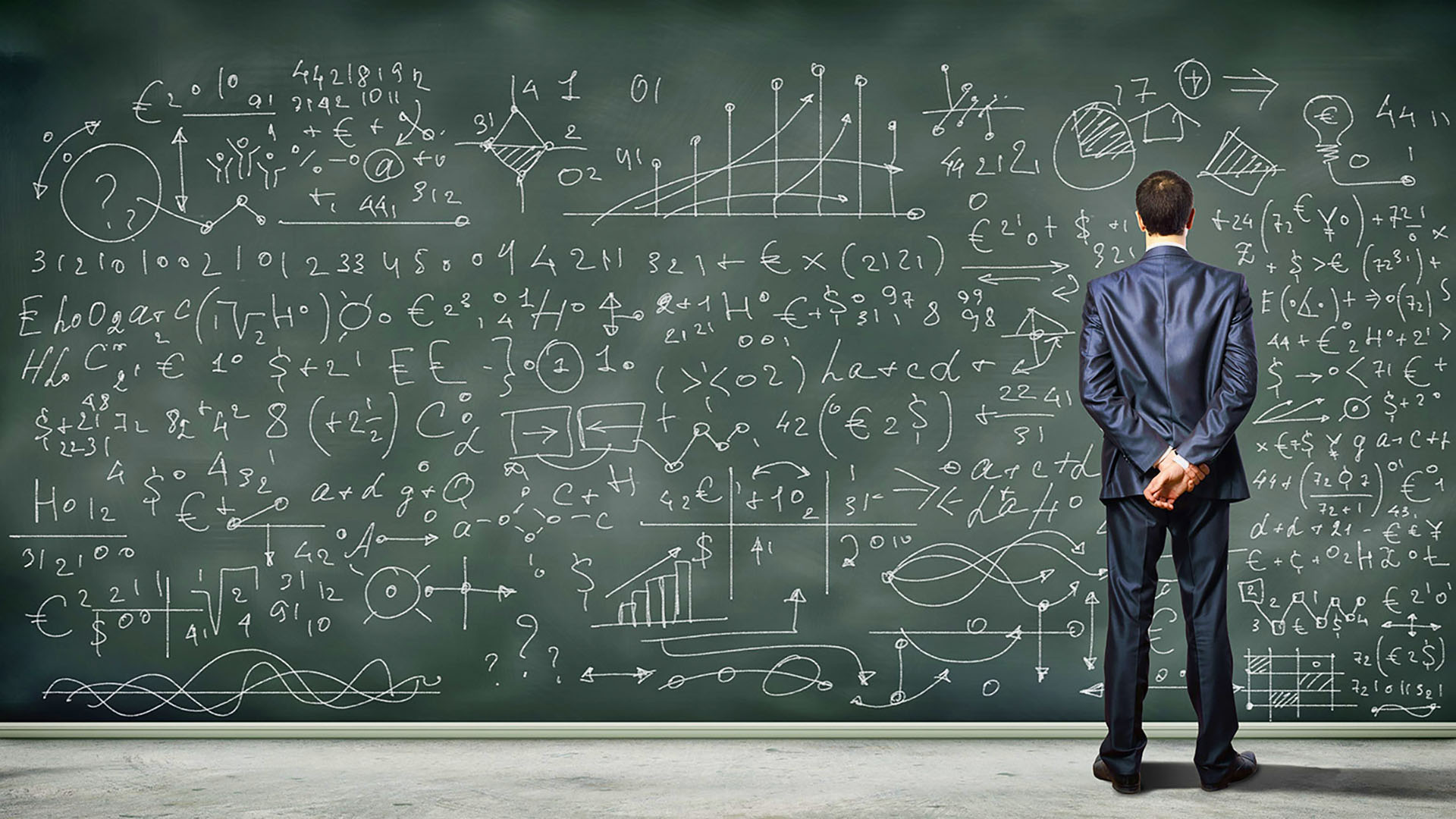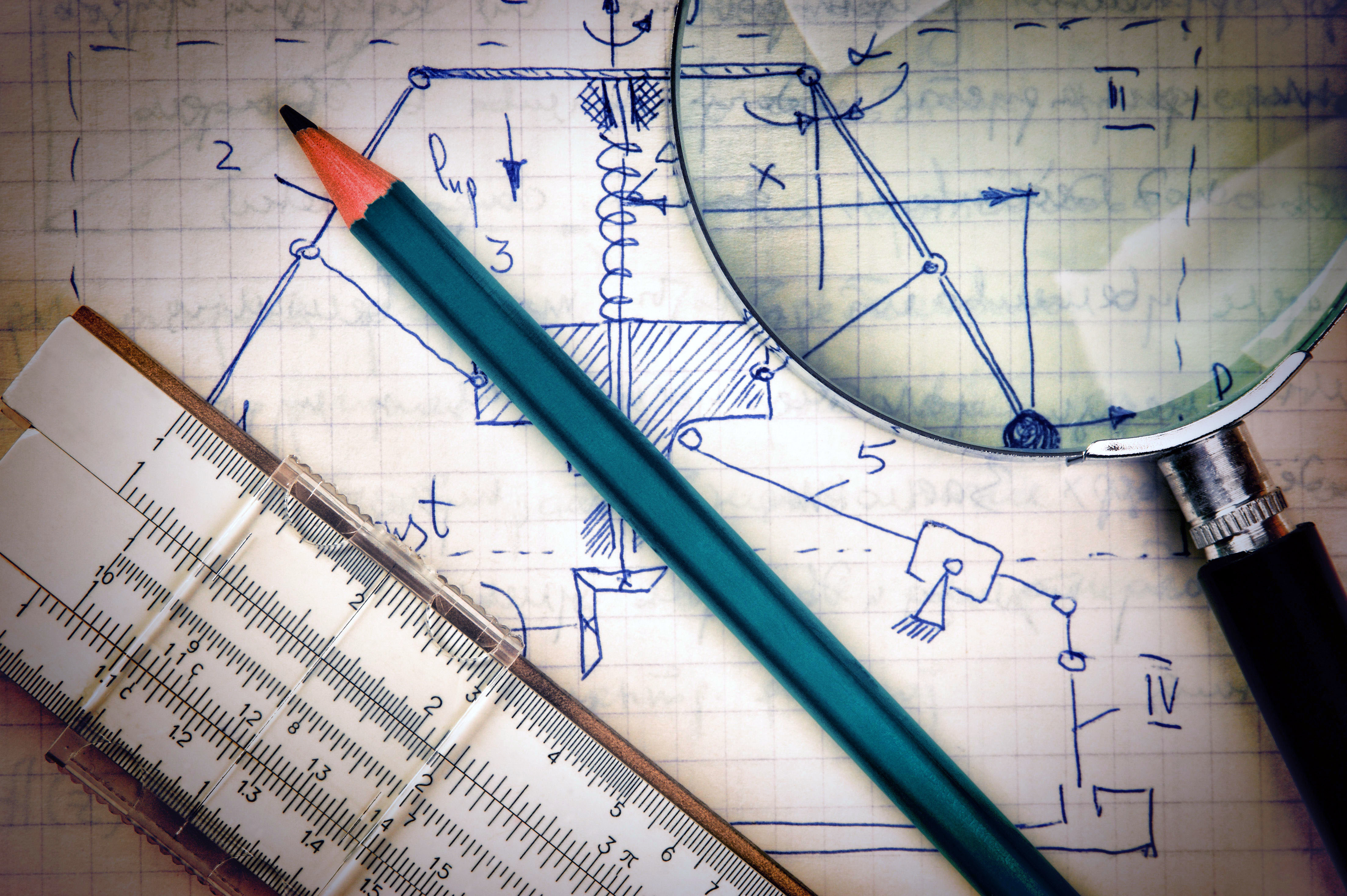Mathematics is a difficult but very important subject in the school curriculum. We tell you how to interest a child in algebra and geometry and why it is necessary even in the humanitarian sphere.
Public stereotypes divide people into technicians and humanitarians. It is believed that the former perceive information through numbers and algorithms, they have a better developed logical thinking, and the latter – to know the world through feelings and images, able to create and generate ideas.
It is the first time that such a division takes place at school. If it is difficult with exact sciences – you are a humanitarian, no matter how hard you try, nothing will work with mathematics anyway.

Previously, it was believed that a person from birth has talent in a certain area, and to change it is possible only if you strongly develop another direction from early childhood.
This approach has long been irrelevant. Scientists have proved that when a person has a problem that he or she has not encountered before, the brain allocates a group of neurons to solve it. Their formation is individual for each problem, so we can’t talk about an innate predisposition to any skills: with due diligence any person can learn anything. Even if a child has a hard time getting an oral score – in the future he can become a great mathematician, you just want to.
In today’s world, there is no division between humanitarians and technicians. A human being can do what he or she wants, not focus on “inborn” abilities.
Success in this or that subject largely depends on the charisma and manner of teaching the teacher. A solid rote can discourage interest in mathematics, even if the child has a predisposition.
In today’s world are valued universal specialists who are able to work with numbers, algorithms and texts, apply a creative approach, based on a variety of skills and abilities. For common core math example, a good programmer knows foreign languages, and a game-designer should be able to edit the game script and creatively work the characters.
How to fascinate with the exact sciences
To form an interest in algebra and geometry, tell your child what these objects will be useful in life and how they can be used in practice.
5 reasons to love math:
Regularly solving equations and problems trains the brain, improves memory, develops attentiveness, and expands horizons.
Mathematics may be necessary in everyday life at any time, for example, to find out how many days will be enough pocket money.
Calculations are found in many sciences, such as chemistry, physics, geography. Even humanities subjects – languages and literature – are based on mathematical and logical laws.
For those who are serious about algebra and geometry, they hide beauty and harmony, akin to music.
Mathematics is in fact very simple. There are only two aspects to it. The first is the rigour of logical thinking. The inability to trace cause-and-effect relationships is a big problem for humanity. There are many conflicts because of it. Mathematics, on the other hand, makes it possible to determine whether “A” of “B” should be “A” at the level of reflexes. If something is not said in the problem, you have no right to assume it, and if it is said, you cannot ignore it. And the second one is applied skills. Everything that surrounds us has an engineering background. Mathematics helps us understand how it all works.

Mathematics is interesting when it has creativity and the laws are clear and easy to use. However speed of assimilation of a material at all children is individual, therefore it is important to give enough time to each theme to understand and work it qualitatively. So, pupils of “Externat and Foxford Home School” can move in the rhythm. Lessons are broadcast online, where you can immediately chat with your teacher and ask them questions. All videos are saved and can be reviewed at any time and viewed again. For kids who are passionate about this subject and want to participate in Olympiads, Foxford Home School has a mathematical educational route.
5 ways to love math.
The main thing is to make the classes interesting. Here are some tips to help the whole family have fun and spend time learning the exact sciences.
Find math in real life.
The exact sciences are all around us, and if you show this to a child, he’ll never have the question, “Where will I use algebra and geometry?”
You can start with something simple: calculate the change in the shop or name the figures that make up ordinary objects (glass – cylinder, bed – rectangle, etc.).
The older the person, the more interesting the mathematics around him becomes. A senior student can be trusted to manage the family budget or to plan vacation finances. All this will become a daily training of mathematical thinking.
Start playing.
Computer and board games are great for developing interest in mathematics. The advantage of desktops is that it is a hobby for the whole family. Interesting mathematical game “7 on 9” will please both children and adults. In it, each card is closed by the one with the sum of the numbers shown above. It’s a great way to practice oral scoring and speed of reaction: whoever gets rid of the cards first wins.
You can find many free interactive puzzles on the Internet. For example, in the “Math. Puzzles and Math” is a hundred levels of difficulty, each of which has an original task – comfortable and fast training.
Solve difficult problems, find common core math example
Textbook examples are sometimes boring, and for those who have already understood the topic, it may seem too easy. k5 math will help your child with any topic. To keep your child from falling in love with mathematics, warm up your interest with difficult but powerful puzzles. Many such problems are written especially for Olympiads.
Read the books.
Ironically, literature can increase interest in the exact sciences and inspire one’s own research. Junior high school students and teenagers will find fiction stories about mathematics and unusual collections and zadachniki. We advise you to pay attention to these books: Lev Handenstein “Alice in the Country of Mathematics”, Vladimir Levshin “Master of Scattered Sciences: Mathematical Trilogy”, Igor Sharygin “Lessons of Grandfather Gabrila, or Developing Holidays”. In each of them the bright hero grasps the wisdom of mathematics, and without the help of the reader he can not cope.
For older people, biographies of famous researchers and popular science books will be suitable. Invite your child to read “The pleasure of X” by Stephen Strogatz or “The Magic of Mathematics” by Arthur Benjamin.